Duct Cleaning vs. Duct Sealing: What’s the Difference?
April 20, 2022
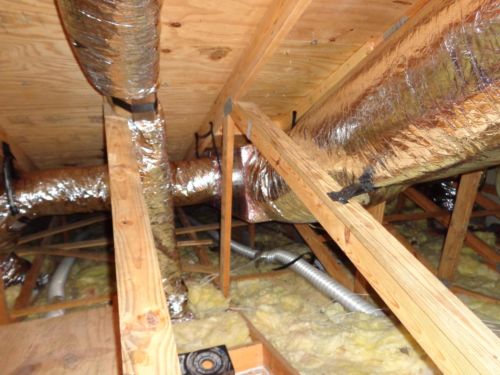
What’s the difference between duct cleaning and duct sealing?
The difference between duct cleaning and duct sealing seems obvious: duct cleaning involves removing dust and debris from your ducts, and duct sealing involves fixing leaks in your duct system.
It should be easy to decide which service is right for you, right? Wrong! Unfortunately, it can be difficult to determine which service you might need since leaky ducts and clogged ducts present many of the same problems for homeowners.
An HVAC expert is the best person to help you determine which service is suitable for your ductwork, but before you call in a professional, it’s helpful to know:
- What is duct cleaning?
- What is duct sealing?
- How to tell if you need ductwork service
Let’s explore the potential problems clogged or leaky ducts can cause and how servicing your ducts helps.
Need duct service ASAP?
Already know you need duct sealing or duct cleaning? Call Patrick Riley at (602) 280-1793 to schedule service today. We have 5-star Google reviews from hundreds of happy customers—check us out to see why!
What is Duct Cleaning?
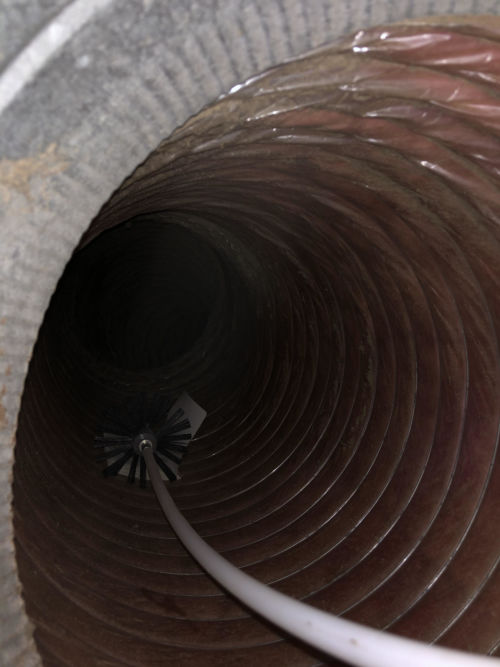
Do your ducts need to be cleaned?
Duct cleaning is the process of clearing your AC ducts of contamination, like dust, critters, and mold. You should schedule a duct cleaning if you notice:
- Mold
- Vermin
- Dust or debris coming out of your registers
HVAC professionals typically use a “positive-negative” vacuum method to clean your ducts. They’ll seal off all your vents, then attach a blower to one end of your ducts equipped with an agitator, like a brush. A vacuum will be applied to the other end of your ducts to collect all the dislodged debris.
You can prevent duct contamination by changing your air filter frequently and dusting and vacuuming regularly to reduce the amount of dust in your home’s air. Your AC’s air filter collects dust and debris from the air before it enters your AC unit. Once it’s filled up with debris, it can no longer effectively prevent dirt from entering your ducts.
What is Duct Sealing?
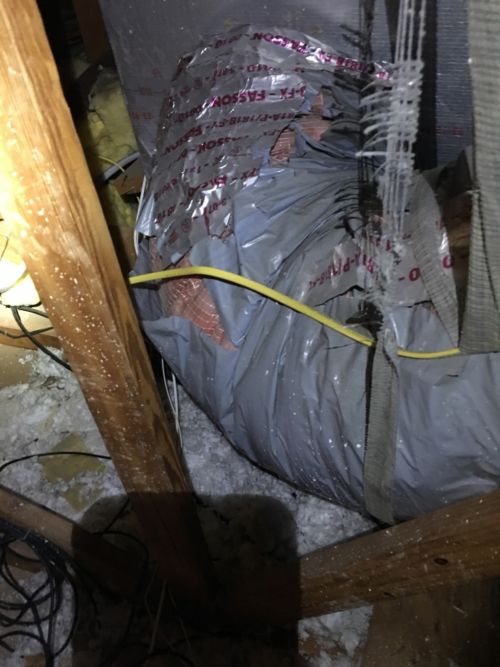
Do you have duct leaks that need to be sealed?
Duct sealing involves repairing leaks and holes in your ductwork. There are a few common duct sealing methods:
- Some HVAC experts use foil tape to patch duct holes externally. This is a good method for large leaks or cracks visible to the naked eye. Because this method involves manually identifying leaks, it’s not a good solution for very small leaks that might be missed on a visual inspection.
- Masking is another good method for large leaks. With this method, small holes are blocked up with rubber cement. Larger holes are first covered with a layer of mesh tape and then pasted over.
- The Aeroseal method is more expensive, but it’s more thorough and lasts up to 40 years, making it cost effective in the long run. An HVAC professional pumps the aerosol sealant through your ducts, closing up all holes along your ducts. This is a good method for smaller leaks that are difficult to spot.
Energy Star estimates that 20–30% of conditioned air running through your AC system escapes through leaks. That’s a lot of wasted money on your energy bills! If you have leaking ducts, duct sealing is definitely worth the expense.
How To Tell if You Need Ductwork Service

You might need ductwork service if your energy bills are higher than usual.
If you notice higher than normal energy bills, excessive dust, or uneven temperatures throughout your home, should you schedule a duct cleaning or a duct sealing? Absolutely! Leaking or dirty ducts could cause all of these problems.
Higher than average energy bills signal that your AC has to work harder than it usually does to keep your home cool.
- Leaky ducts raise your energy bill because conditioned air is escaping through leaks into unconditioned rooms, like crawl spaces. Because less air is available to cool the rest of your home, it takes longer to adequately cool your home, making your AC run longer.
- Dirty ducts raise your energy bill because your AC must work harder to force conditioned air through narrower ducts.
If you notice your home is excessively dusty, dust is probably being pushed into your home through your AC. Not only is excessive dust annoying, but it can also aggravate allergies.
- Leaky ducts draw dust in from unconditioned (and often dirty) spaces like attics. Once dust enters your AC system, it exits through your ducts and into your home, along with the cooled air.
- Dirty ducts are filled with an accumulation of dust, dirt, and debris. When your AC kicks on, these contaminants spread into your home.
Uneven temperatures throughout your home can make it uncomfortable to be in.
- Leaky ducts can cause uneven temperatures depending on the size and location of the leaks. If you have several leaks in one area of your duct system, then the rooms those ducts service may not receive enough cooled air, making them feel warmer than the rest of your home.
- Dirty ducts cause uneven temperatures in the same way as leaky ducts. For example, if you have a duct clogged with dirt, the room it services will not receive as much conditioned air as the rest of the house.
An HVAC professional is the best person to determine whether your AC issues are caused by leaking or dirty ducts.
Patrick Riley Makes Ductwork Services a Breeze
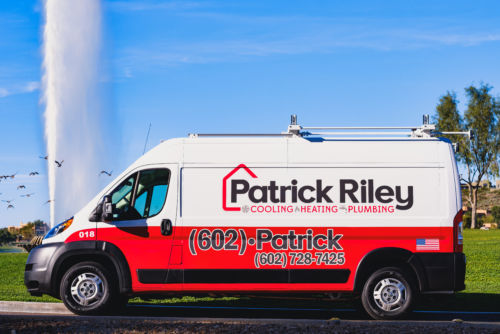
At Patrick Riley, we’re committed to helping you repair and maintain your existing ducts for as long as possible. Our polite, professional HVAC technicians will provide you with exceptional duct cleaning or duct sealing services—all at a flat-rate price, so you don’t have to worry about any unexpected costs.
If you’re not 100% satisfied with our work, we’ll redo the job at our own expense. Give us a call at (602) 280-1793 to schedule a same-day appointment.
Get 10% off (Up to $150)
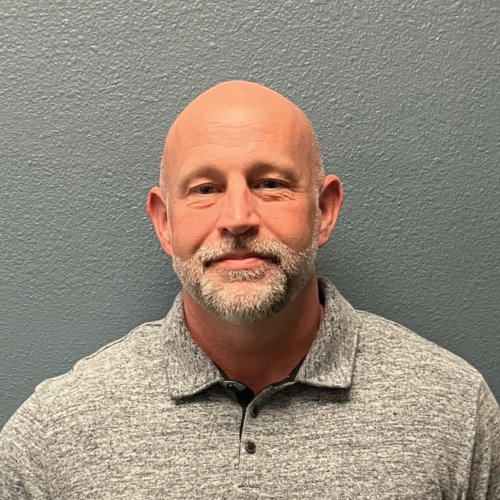
Ty Lindsay is the Director of Field Operations at Patrick Riley | Isley’s and a 15-year veteran of the plumbing and HVAC trades. In 2010, Ty earned his Journeyman’s plumbing license. He became a Master Plumber five years later and earned his Journeyman HVAC technician’s license that same year. Ty’s breadth of knowledge in plumbing and HVAC includes both residential and commercial work. He’s been a loyal member of the Patrick Riley | Isley’s team since 2016.
- Posted in:
- Buyer's Guide
